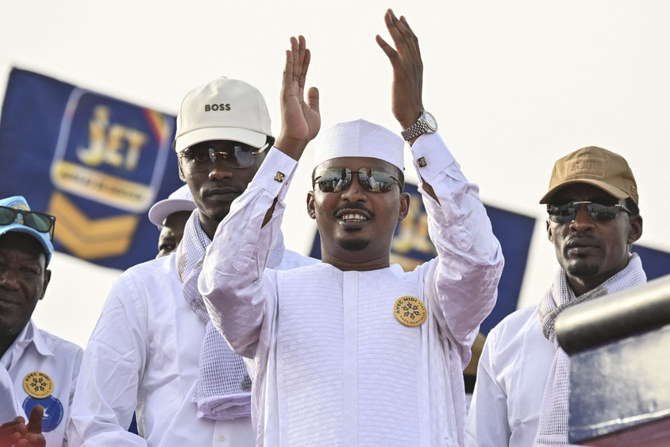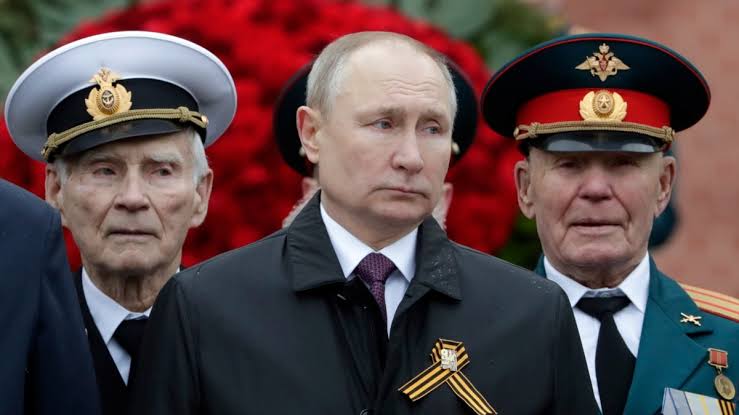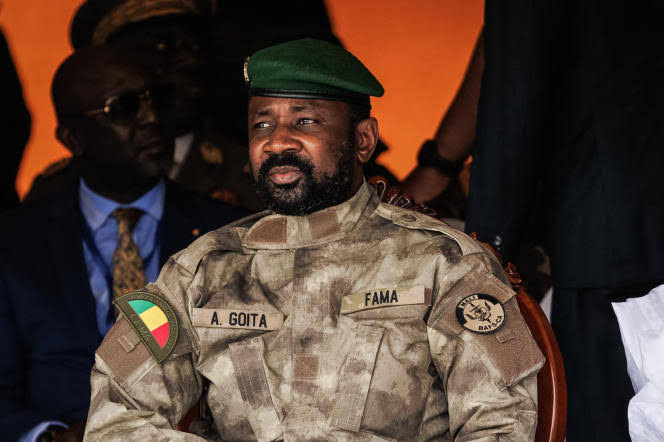
Faith Nyasuguta
Mahamat Idriss Déby Itno, Chad’s military leader, has been declared the victor in this week’s presidential election, according to provisional results released by the national election agency. However, his main rival, Prime Minister Succés Masra, contests the outcome, setting the stage for potential unrest and political turmoil in the country.
Provisional results, released unexpectedly earlier than scheduled, depict Itno securing a commanding 61% of the vote, leaving Masra trailing far behind with a meager 18.5%. The revelation of Itno’s resounding victory elicited gunfire in the streets of the capital, N’Djamena, although the precise nature and motive behind the gunfire remain shrouded in ambiguity.
The prompt release of the election results, weeks ahead of the anticipated date, caught many by surprise and has raised suspicions of electoral manipulation and irregularities.
Analysts, however, had long anticipated Itno’s triumph in the protracted presidential race, given his stronghold on power following three years of military rule. Itno’s ascension to the presidency came in the wake of his father’s demise, the late President Idriss Déby Itno, who had ruled Chad for an unprecedented three decades.

Chad, an oil-exporting nation with a populace nearing 18 million, has grappled with political instability and a dearth of democratic transitions since attaining independence from French colonial rule in 1960. The outcome of this election, therefore, carries profound implications for the nation’s political landscape and future trajectory.
In the run-up to Thursday’s announcement, Masra, the prime minister and Itno’s chief rival, took to social media to preemptively challenge the legitimacy of the impending results. In a defiant address streamed on Facebook, Masra lambasted the authorities, accusing them of orchestrating a ploy to manipulate the electoral outcome to favor Itno’s camp.
Masra’s impassioned plea for justice and transparency shows the deep-seated distrust and skepticism pervading Chad’s political sphere.
Against the backdrop of mounting tension and uncertainty, Masra, flanked by the national flag, delivered a stirring speech, defiantly proclaiming victory and rallying Chad’s military, police, and security apparatus to reject Itno’s purported victory. His impassioned call to arms cautioned against acquiescence to what he deemed unjust and tyrannical orders, appealing to the conscience and patriotism of Chad’s guardians of law and order.
Following the announcement of Itno’s victory, the streets of N’Djamena erupted into a cacophony of jubilation, with supporters of both the military regime and civilian factions converging to celebrate their respective allegiances.
Masra, a prominent figure in Chad’s political landscape, has endured a tumultuous journey fraught with adversity and exile. His tumultuous relationship with the ruling establishment culminated in his forced departure from Chad in October 2022 amidst a violent crackdown on dissent and protests against Itno’s controversial decision to extend his tenure by two additional years.
An agreement brokered late last year between Chad’s minister of reconciliation and Masra’s political party paved the way for the return of exiled opposition figures, including Masra himself, who was subsequently appointed as prime minister.

This fragile dàtente, however, has been shattered by the disputed election results, reigniting simmering tensions and underscoring the fragility of Chad’s democratic institutions.
Chad’s strategic significance within the volatile Sahel region has long attracted the attention of global powers, including the United States and France, who view the nation as a linchpin for regional stability and security. However, recent military coups and political upheaval in neighboring countries have cast a shadow of uncertainty over Chad’s future trajectory.
The ruling juntas in Burkina Faso, Mali, and Niger have expelled French forces and turned to alternative security arrangements, including Russia’s mercenary units, in a bid to assert their autonomy and sovereignty.
Against this backdrop of geopolitical realignments and power struggles, Chad’s contested election outcome serves as a bellwether for the region’s evolving political dynamics and indicates the enduring challenges confronting democratic governance in Africa.
RELATED:




